Good riddance of one of Africas most horrible dictators
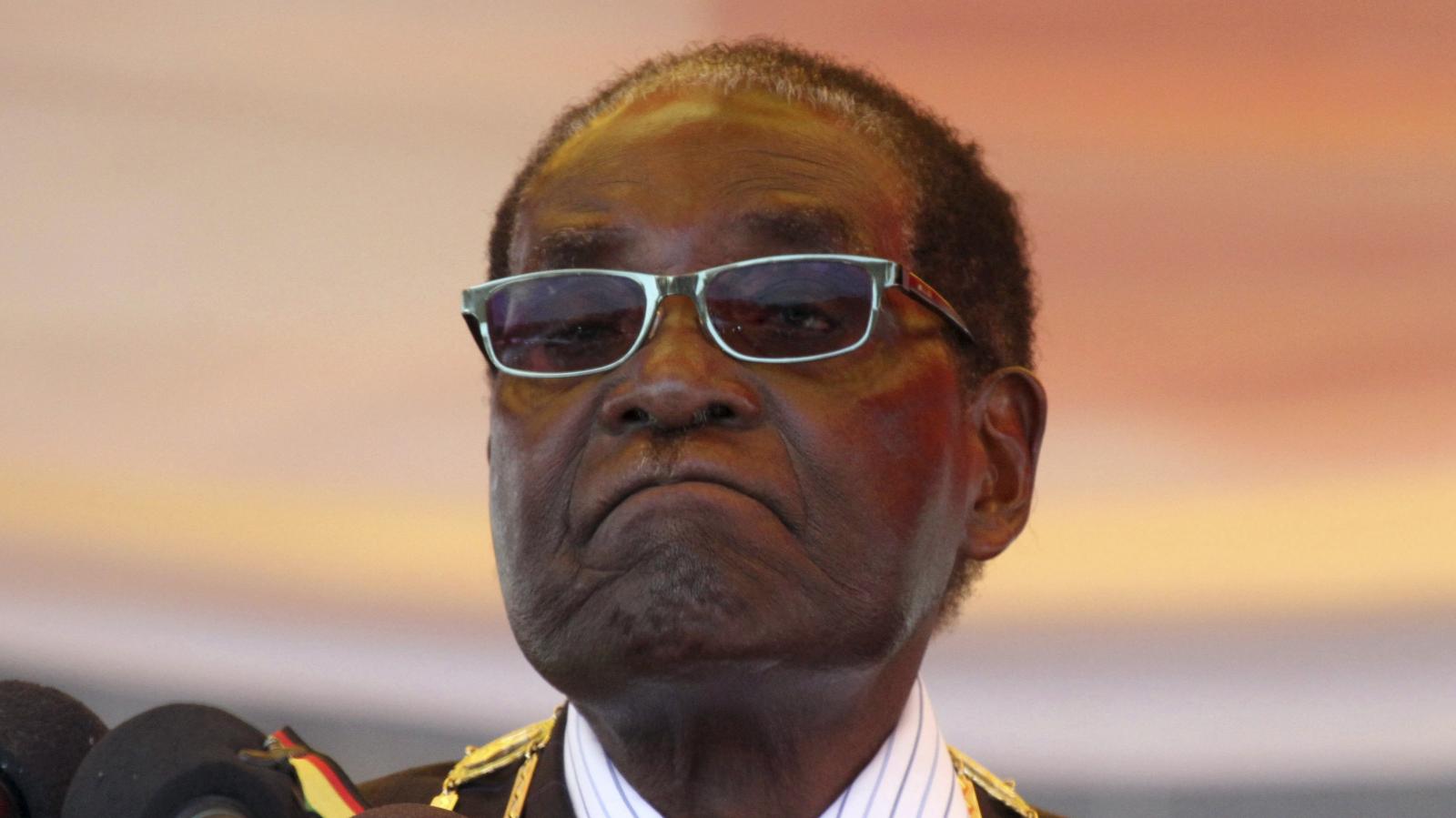
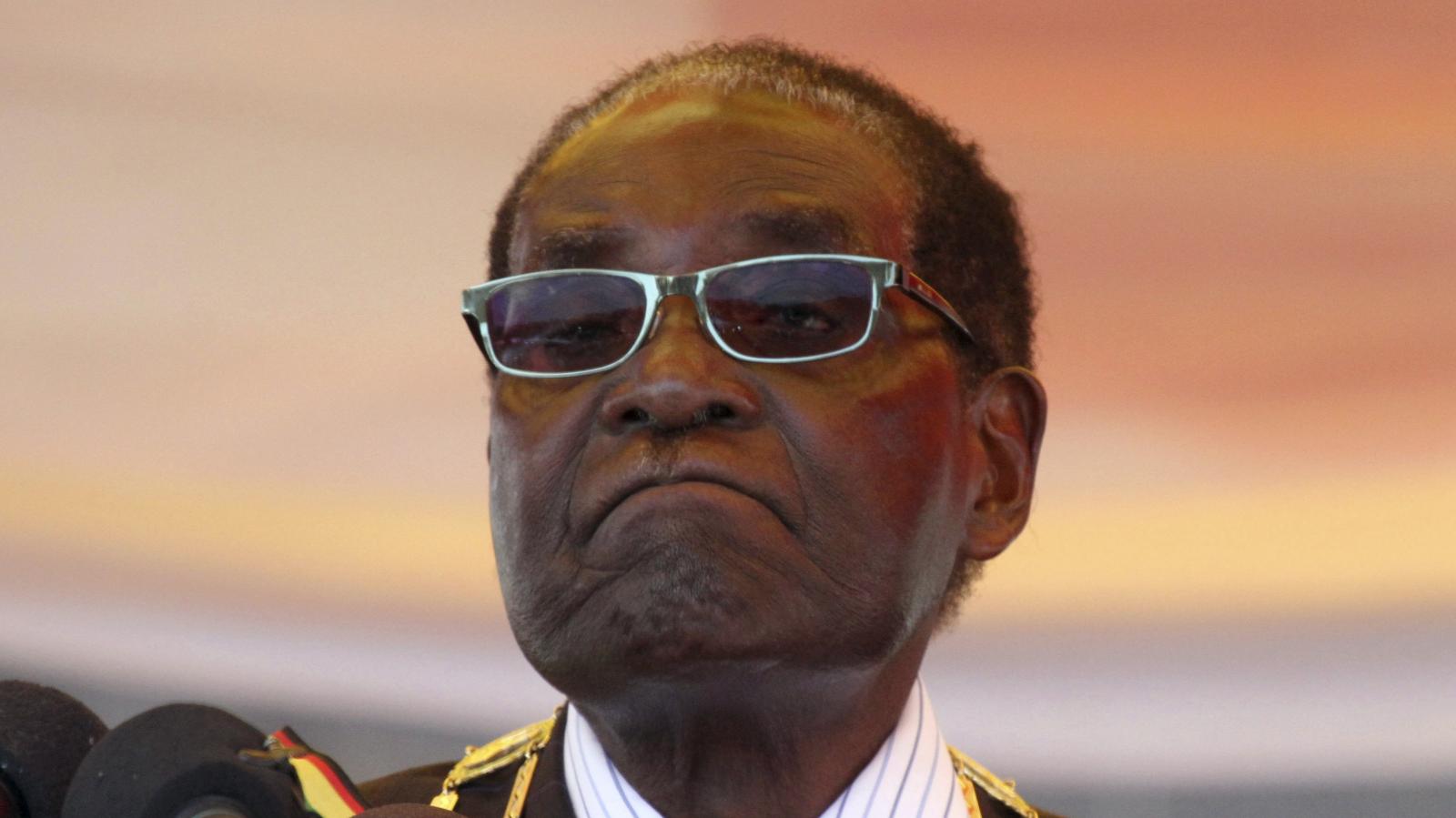
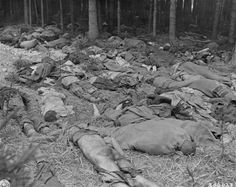
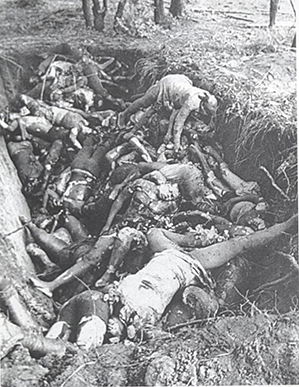
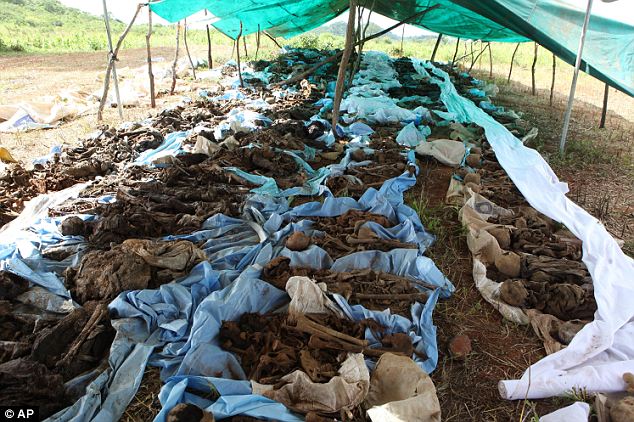
Robert Mugabe, you are looking at the face of evil. This dictator had tens of thousands slaughtered during his reign as absolute ruler of Zimbabwe. He turned this country which was called the "bread basket of Africa" from wheat into blood. No one will miss his passing and many rejoice at his death.
One wishes one could say “rest in peace”. One can only say, “may there be more peace for Zimbabwe’s people, now that Robert Gabriel Mugabe has retired permanently”. Zimbabwe’s former president has died, aged 95.
His failures are legion. They might start with the 1980s Gukurahundi massacres in Matabeleland and the Midlands, with perhaps 20 000 people killed. Next, too much welfare spending in the 1980s. Then crudely implemented structural adjustment programmes in the 1990s, laying the ground for angry war veterans and the Movement for Democratic Change (MDC), a strong labour union and civil society based opposition party.
In 1997 Mugabe handed out unbudgeted pensions to the war-vets and promised to really start the “fast track land reform” that got going in 2000, when the MDC threatened to defeat Zanu (PF) at the polls. That abrogation of property rights started the slide in the Zimbabwean dollar’s value.
From 1998 to 2003 Zimbabwe’s participation in the Democratic Republic of the Congo’s second war cost US$1 million a day, creating a military cabal used to getting money fast. Speedy money printing presses led to unfathomable hyperinflation and the end of Zimbabwe’s sovereign currency, still the albatross around the country’s neck.
In 2008, the MDC’s electoral victory was reversed with a presidential run-off when at least 170 opposition supporters were murdered. Hundreds more were beaten and chased from their homes. Even Mugabe’s regional support base could not stand for that, so he was forced to accept a transitional inclusive government with the MDC.
Over the next decade, Mugabe was unable to stop his party’s increasing faction fighting. His years of playing one group off against the other to favour himself finally wore too thin. When in early November 2017, at his wife Grace’s instigation, he fired his long-time lapdog Vice-President Emmerson Mnangagwa, the generals with whom he’d colluded for decades turned on him. A coup petit ensued and returned Mnangagwa from exile, soon to be elevated to the presidency and heavily indebted to his comrades.
Where did Mugabe gain his proclivity for factionalism? And how did he learn to speak the language all wanted to hear – only to make them realise they had been deluded in the end?
The beginning
Mugabe and many other Zimbabwean nationalists were jailed in 1964. Ian Smith was preparing for the Unilateral Declaration of Independence, and the first nationalist party had split into Joshua Nkomo’s Zimbabwe African People’s Union and Ndabaningi Sithole’s Zanu. Mugabe had been Nkomo’s Publicity Secretary.
As far back as 1962, Mugabe was registering on the global scales: Salisbury’s resident British diplomat thought Mugabe was “a sinister figure” heading up a youthful “Zimbabwean Liberation Army … the more extreme wing of Zapu”.
But almost as soon as Mugabe was imprisoned, a man in her majesty’s employ travelled down from his advisory post in newly free Zambia to visit the prisoner. Dennis Grennan returned to Lusaka having promised to look after Mugabe’s wife Sarah, known as “Sally”. Grennan and people like Julius Nyerere’s British friend and assistant Joan Wicken played an important role in Mugabe’s rise.
The Zimbabwean nationalists emerged from Salisbury’s prisons late in 1974, as Portugal’s coup led to Angola and Mozambique emerging from colonialism into the Soviet orbit. The fifties generation of Zimbabwean nationalists were to participate in the Zambian and South African inspired détente exercise. This inspired much competition for Zanu’s leadership: Mugabe arrived in Lusaka after ousting Ndabaningi Sithole, Zanu’s first leader.
Samora Machel, freshly in Mozambique’s top office, wondered if Mugabe’s quick rise was due to a “coup in prison”. Herbert Chitepo’s March 1975 assassination (which got many of Zanu’s leaders arrested and its army kicked out of Zambia) was only one marker of the many fissures in the fractious party that by 1980 would rule Zimbabwe.
In late 1975 the vashandi group emerged within the Zimbabwean People’s Army. Based in Mozambique’s guerrilla camps, they tried to forge unity between Zimbabwe’s two main nationalist armies and push a left-wing agenda. They were profoundly unsure of Mugabe’s suitability for leadership.
When Mugabe found his way to Mozambique also in late 1975, Machel put him under house arrest in Quelimane, far from the guerrilla camps. In January Grennan helped him to London to visit a hospitalised Sally. He made contacts around Europe and with a few London-based Maoists.
Soon after Mugabe’s return the young American congressman Stephen Solarz and the Deputy Head of the American embassy in Maputo, Johnnie Carson, wended their way to Quelimane. Mugabe wowed them.
Solarz and Carson reported back that Mugabe was “an impressive, articulate and extremely confident individual” with a “philosophical approach to problems and … well reasoned arguments”. He claimed to control the “people’s army”. Yet by January 1977, he persuaded Samora Machel to imprison the young advocates of unity with Zapu. His many reasons included their initial refusal to support him at a late 1976 conference in Geneva organised by the British, helped immeasurably by Henry Kissinger, the American Secretary of State.
At a hastily called congress in March 1977 to consecrate his ascension, Mugabe uttered his leitmotif: those appearing to attempt a change to the party’s leadership by “maliciously planting contradictions within our ranks” would be struck by the “the Zanu axe”.
This was Mugabe’s strategy, embedded at an early stage: tell foreign emissaries what they wanted to hear, use young radicals (or older allies) until their usefulness subsided, and then get rid of them. All the while he would balance the other forces contending for power in the party amid a general climate of fear, distrust, and paranoia.
Dealing with dissent
It is not certain if Margaret Thatcher knew about this side of Mugabe when they met less than a month after his April 1980 inauguration. He seemed most worried about how Joshua Nkomo’s Zapu – which he had dumped from the erstwhile “Patriotic Front”, and the violence against which had put Zimbabwe’s election in some doubt – was making life difficult for the new rulers. He warned that he might have “to act against them soon”.
In as much as Zapu was linked with the South African ANC and Thatcher and her colleagues tended to think the ANC was controlled by the South African Communist Party, Zapu intelligence chief Dumiso Dabengwa’s perspective might be more than conspiracy theory. Perhaps Thatcher’s wink and nudge was a green light for the anti-Soviet contingent to eliminate a regional threat. Gukurahundi followed. It was certainly the biggest blot on Mugabe’s career and created the biggest scar over Zimbabwe. The scar is still there, given the lack of any effort at reconcialitation, truth, or justice.
Four years later the ruling party’s first real congress since 1963 reviewed its history. Mugabe tore the Zipa/Vashandi group that had annoyed him eight years before to shreds. “Treacherous … counter-revolutionary … arms caching … dubbed us all zvigananda or bourgeois”. Thus it “became imperative for us to firmly act against them in defending the Party and the Revolution… We had all the trouble-makers detained”.
The great helmsman recounted the youthful dissenters’ arrest and repeated the axe phraseology.
But few saw these sides of Mugabe’s character soon enough; those who did were summarily shut up.
The end
After he’d been ousted, Mugabe could only look on in seeming despair over the ruination he had created. Sanctimonious as ever he wondered how his successor, current President Emmerson Mnangagwa, had become such an ogre. At his 95th birthday, February 21 2019, a few weeks after Mnangagwa’s troops had killed 17 demonstrators, raped as many women, and beaten hundreds more in the wake of his beleaguered finance minister’s methods to create “prosperity from austerity”, Mugabe mused to his absent successor:
We condemn the violence on civilians by soldiers … You can’t do without seeing dead bodies? What kind of a person are you? You feed on death? He only had to look into his own history to see what kind of people he helped create.
David B. Moore, Visiting Fellow, Clare Hall, University of Cambridge and Professor of Development Studies, University of Johannesburg, University of Johannesburg
This article is republished from The Conversation under a Creative Commons license. Read the original article.